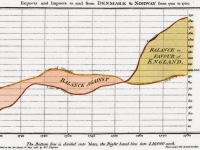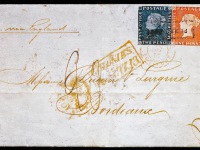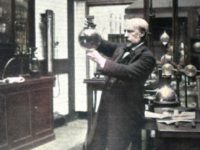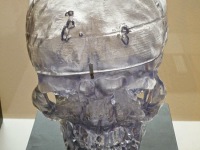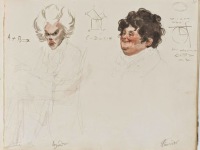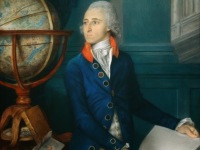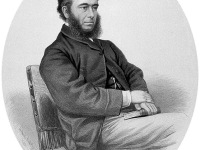William Playfair and the Beginnings of Infographics
On September 22, 1759, Scottish engineer and political economist William Playfair was born. He is generally considered the founder of graphical methods of statistics. William Playfair invented four types of diagrams: line graph, bar chart, pie chart, and circle graph. William Playfair Playfair was born in 1759 in Scotland during the Enlightenment, a Golden Age in the arts, sciences, industry and commerce. He was the fourth son of the reverend James Playfair…
Read more

